Genetics
-
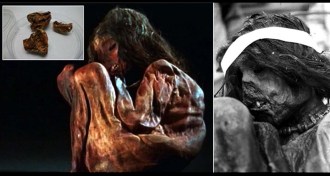 Anthropology
AnthropologyMummified boy’s DNA unveils new but ancient maternal lineage
An Inca child’s DNA shows he hailed from a newly identified line of maternal ancestors.
By Bruce Bower -
 Life
LifeGene editing helps a baby battle cancer
Doctors used molecular scalpels to tweak T cells to target leukemia but not harm the patient.
-
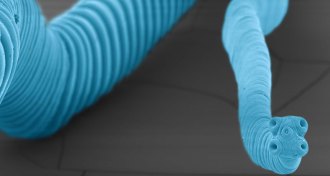 Health & Medicine
Health & MedicineParasite gives a man cancer
Tapeworms can kick parasitism up a notch to become cancer, a case in Colombia shows.
-
 Life
LifeCats versus viruses: Arms race goes back millennia
A special protein has been protecting cats from feline AIDS for at least 60,000 years, genetic analysis suggests.
-
 Animals
AnimalsCat-versus-virus arms race goes back millennia
Researchers have found evidence of an ancient arms race between Felis silvestris catus, the species familiar today as the domestic cat, and feline immunodeficiency virus.
-
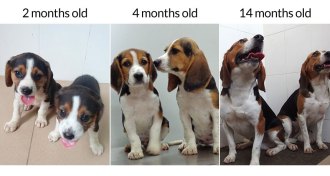
-
 Neuroscience
NeuroscienceSigns of Alzheimer’s seen in young brain’s GPS cells
Signs of Alzheimer’s can show up in the brain’s compass decades before symptoms strike.
By Meghan Rosen -
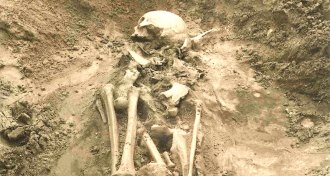 Anthropology
AnthropologyPlagues plagued the Bronze Age
Ancient bacterial DNA provides first clues to Bronze Age plagues in Europe and Asia.
By Bruce Bower -
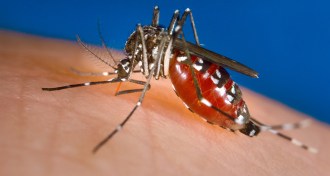 Genetics
GeneticsAsian tiger mosquito genome sequenced
Researchers have sequenced the genome of the Asian tiger mosquito, a stealthy invasive species and carrier of tropical diseases.
-
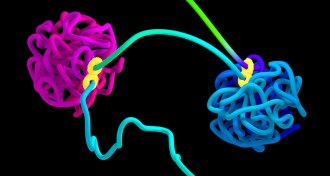 Life
LifeGenetic tweaks manipulate DNA’s loops
Scientists have changed the loops and curls of DNA as it packs into a nucleus.
-
 Humans
HumansU.S. is growing more genetically diverse
Young Americans are more genetically diverse than previous generations, a new DNA analysis reveals.
-
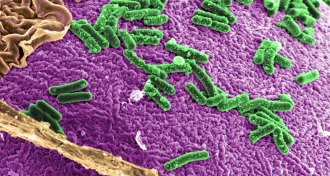 Genetics
GeneticsMicrobes may reveal colon cancer mutations
Certain microbial mixes are associated with particular DNA mutations in colon cancer, a new study suggests.